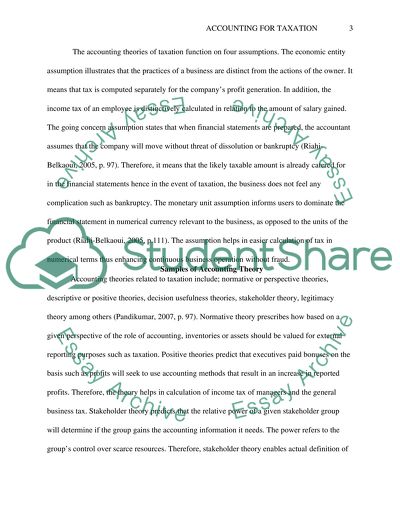Cite this document
(“Taxation Essay Example | Topics and Well Written Essays - 2750 words - 2”, n.d.)
Retrieved from https://studentshare.org/finance-accounting/1695431-taxation
Retrieved from https://studentshare.org/finance-accounting/1695431-taxation
(Taxation Essay Example | Topics and Well Written Essays - 2750 Words - 2)
https://studentshare.org/finance-accounting/1695431-taxation.
https://studentshare.org/finance-accounting/1695431-taxation.
“Taxation Essay Example | Topics and Well Written Essays - 2750 Words - 2”, n.d. https://studentshare.org/finance-accounting/1695431-taxation.


